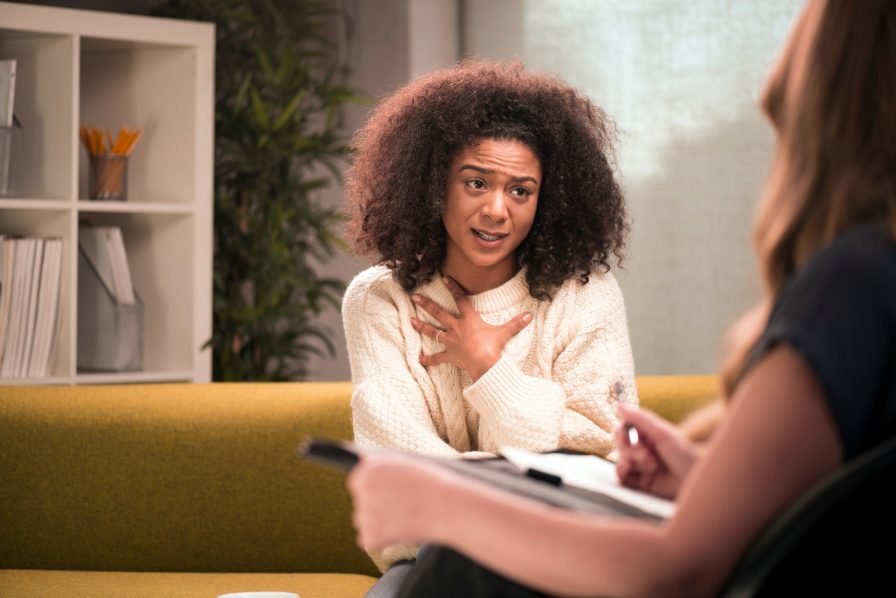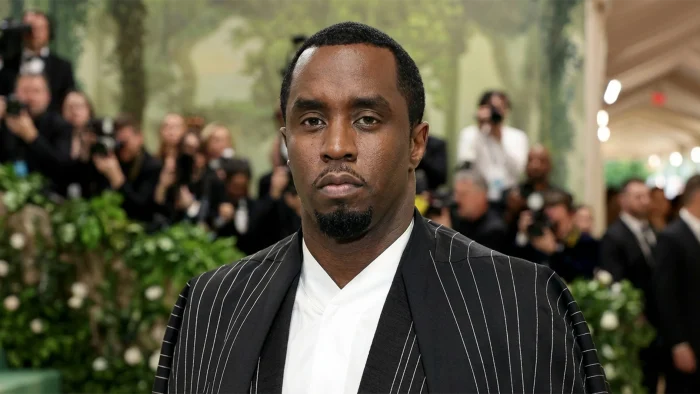
“The greatest healing therapy is friendship and love” – Hubert Humphrey
Some would call it an investment made towards having the necessary tools to take charge of your future. A worthy expense they would say, in an attempt to defend the cost of its accessibility. Therapy is expensive, even worse in Nigeria. It would seem like a situation where you are in dire need, and you can not afford to get help, so you either are stuck or rely on the good people of the planet to have the time and propensity to help you.
[ad]
Situations that need therapy, more often than not, need frequent visits with a therapist. One-off sessions or consultations do not get rid of the situation. Coupled with the lack of adequate sustainable access to mental health care, and the stigma that comes with the fear of being judged, the act of needing a therapist is basically a taboo and a question of your faith and upbringing. This is why it will be of utmost importance to have people in your corner who would be with you at your lowest. These people are more than friends, they are family; they know your darkness and they see the light that results when you get a little strength to push back.
Everyone knows someone suffering from a mental illness and at least 8 in 10 people know someone personally, going through it. More often than not, those people cannot afford a therapist. Even the strongest people need help, even the meanest people have allies. Sometimes, you have to do the best you can do. Here is how you can be a therapist to a friend in need.

This Is Not About You
Abandon all you know or think you know about mental health. Read, study and equip yourself with all that is needed. It is a life or death situation and one wrong move, one wrong assumption, one very wrong misplaced humorous moment could very well be detrimental. Learn all about forgetting your own indifference, get rid of all you think you know about how you deal with situations. If you have, at one time, been where your friend is now, but did it on your own, now is not the time to make them see, forcefully, that they can do it too. They very well know they can, they most definitely want to, but they do not know how, and cannot do it on their own. If you do need to tell them to pull themselves up because you did it, then you too need therapy.
Empathize
Understand. Be compassionate. Drink it all in, abandon all thoughts contrary to the situation at hand. Focus on what your friend is telling you or not telling you, showing you or not showing you. Be soft and generous with your emotions. However, do not over do it. Someone with a mental illness is very aware of every other person’s emotions, as much as it would seem like they cannot get a grip of themselves, they are very aware. They know when it is fake and they know when it is not sincere. Be careful there.
Listen
The act of listening is indeed powerful. If humanity listened more, with a lot of understanding, a lot of things would be different. When you are with your friend and even while you are away from their presence, listen. More often than not, they just want to know that someone is listening for a start. Now, do not just listen to mean you keep mum when they are speaking and introduce the necessary “hmm”s, “ahh’s and “I understand”s. Like earlier stated, they know when you are not involved in the conversation.
Do Not Relate
It is really hard sometimes to remove yourself from someone else’s situation when they say something so familiar, and you have been through something as such, you begin to think you have to tell them with a bit of dramatic chuckle that you too have been in such a situation and you know how they feel and that you can relate. No, do not do that. Resist the urge vehemently. This is not a heartbreak, or a case of a lost bike or broken thumb, or confusion with a career choice, so you cannot simply relate.
Contribute To Get Professional Help
If you know very well that it is something you cannot get your friend through on your own, then try to get them to see someone. Professionally. This does not mean you will stop trying on your end, you just don’t make it obvious this time. You let them know you are there and that they can count on you whenever they need you but from a safe and reachable distance.
Everyone has one problem or the other they are battling with, in their everyday lives, and many would rather be left alone with theirs than tend to someone else’s. If you can, do! We all need someone to lean on after all.
[ad unit=2]








